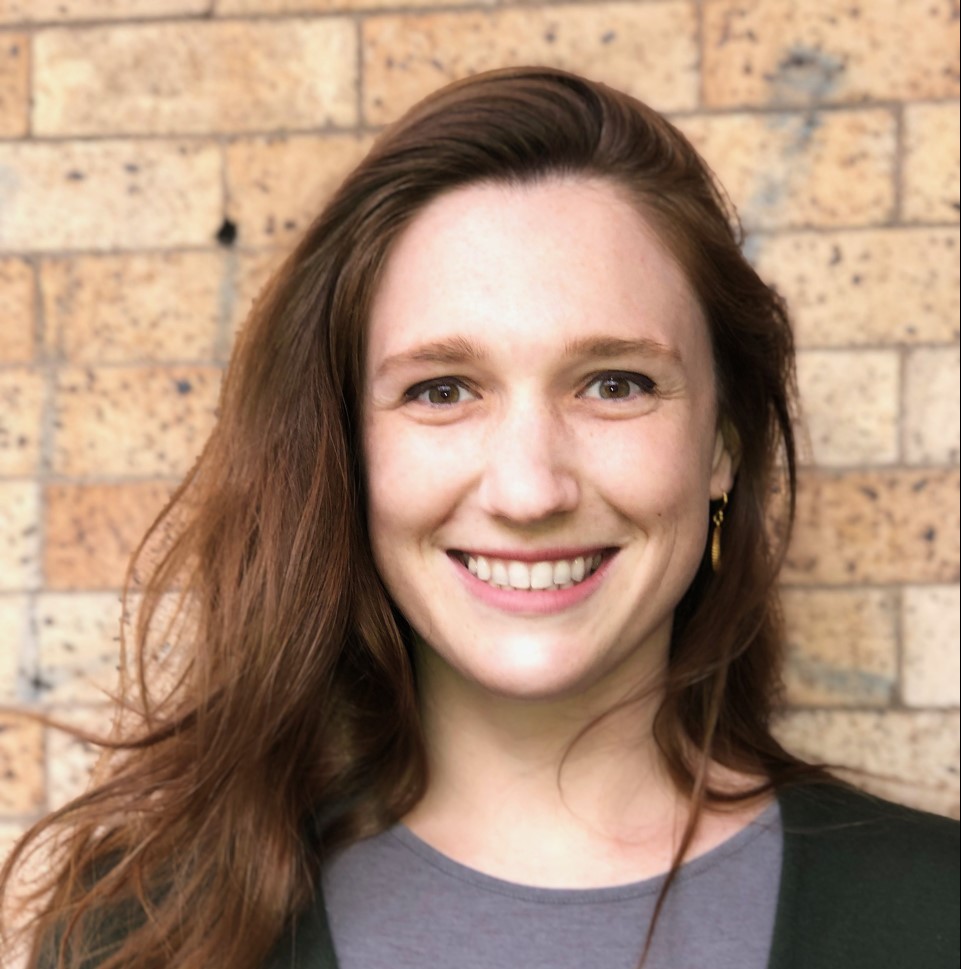Interview with New WEAI Member Elizabeth Reynolds

The Weatherhead East Asian Institute is excited to introduce Dr. Elizabeth Reynolds, a recent addition to the WEAI community. Dr. Reynolds is an historian of Tibet and China from the 19th century to the present.
Her work centers on the economic and social history of Tibet with a particular focus on monastic economies, currency, taxation, labor systems, and trade networks in Tibet and East Asia. She received her PhD from Columbia University in 2020 and has spent two years as a postdoctoral fellow in the History Department at Washington University in St. Louis. Her manuscript, titled "Tibet Incorporated: Institutional Power and Economic Practice on the Sino-Tibetan Borderland, 1930-1950,” delves into the world of Kham, a Tibetan region at the epicenter of Chinese and Tibetan political struggles of the 20th century. She joins WEAI as a Luce/ACLS Early Career Fellow in China Studies.
In a recent interview, we spoke with Dr. Reynolds about her work and current projects.
Q: Could you please introduce yourself and your research interests?
I received my PhD from the Department of East Asian Languages and Cultures at Columbia University in 2020 and worked as a postdoctoral researcher and lecturer at Washington University in St. Louis for two years. Broadly speaking, I am interested in indigenous economic practices and their transformation in the modern era in East Asia and Inner Asia. My work explores the Sino-Tibetan borderland during the first half of the twentieth century and particularly examines how Tibetan institutions shaped economic life on the plateau.
Q: What led you to study Tibetan and Chinese history in the first place?
Well, my journey started back in high school when I had the opportunity to join a summer trip to Yunnan in southwestern China. There I was introduced to the cultural complexity of China and from that moment on, I was hooked. I attended Barnard for college where I met and started working with professors whom I continued to work with throughout my PhD career. During college, I intensively studied Chinese and spent every summer and two semesters in China. After college, I received the Fulbright Research Grant to conduct research on the commercialization Tibetan Buddhist Art for two years in Xining––a mid-sized city on the Sino-Tibetan borderland. That was a formative experience for me, as it was a particularly important moment for Tibetan political transformation. After those two years, I began my graduate student career back at Columbia.
Q: Can you tell us about your current project? What are you working on at the moment?
I am currently a Luce/ACLS Early Career in China Studies Fellow, and working on my book manuscript, tentatively titled Tibet Incorporated: Institutional Power and Economic Practice on the Sino-Tibetan Borderland 1930-1950. It examines the borderland region of Kham that encompasses parts of present-day Sichuan, Qinghai, and Yunnan provinces in western and southwestern China. Drawing on borderland histories and bringing together Tibetan and Chinese archival sources, my work focuses on indigenous institutions and local economic practices in order to demonstrate that the 20th century Sino-Tibetan integration was mediated primarily by Tibetan economic institutions and actors. As a borderland, Kham was caught between two modernizing states with conflicting agendas. Understanding its economic history, I argue, requires a direct engagement with the Tibetan financial and monetary structures, taxation practices, and labor regimes that not only dominated life in Kham but also conditioned the development of the Chinese state itself in the frontiers. Chinese officials frequently collided, clashed, and collaborated with local Tibetan leaders, while Chinese merchants and companies engaged in trade, partnered with, and worked alongside Tibetan merchant companies, whose economic reach extended from Shanghai to Calcutta.
Q: You completed your PhD at Columbia in 2020. How does it feel returning after the pandemic? Has anything changed? How did those two years away from Columbia treat you?
Honestly, it feels great to be coming back. Since undergrad, NYC and Columbia University have always felt like home. Moving to St. Louis and starting a new job during peak pandemic was a difficult transition, but the city and the people even under pandemic conditions were very welcoming. Wash U has a vibrant intellectual community that has offered me many ways to improve my research and teaching repertoire. After two years of expansive learning through teaching, I now have a fresh set of eyes to approach my own research and book. I can’t think of a more inspiring place than Columbia University to complete my manuscript.
Q: What are you looking forward to in the upcoming year as a new WEAI member? And what are you hoping to accomplish?
I am hoping to be more involved in Weatherhead and Columbia programs such as the Modern Tibetan Studies Program, Modern China Seminar, and the Economic History Seminar. I will especially make use of the Tibetan special collections at Starr East Asian Library to complete follow-up research for my manuscript. In particular I am excited to explore the documents on the construction of the Sichuan-Tibet highway as well as early-PRC infrastructural developments in the 1950s. Reconnecting with Columbia will not only help me finish my current book project, but will also help me generate new ideas for future projects.
